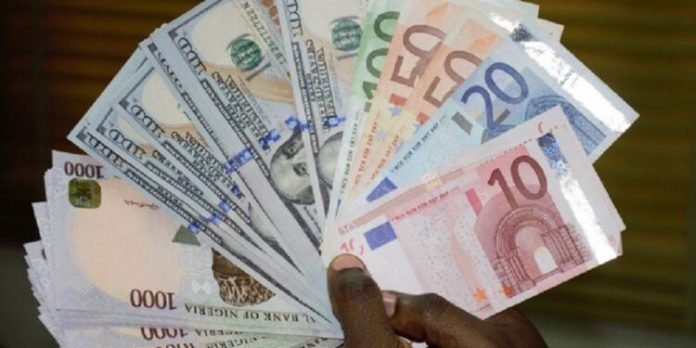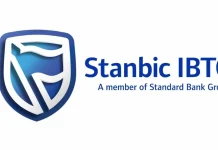The Nigerian naira shows slight improvements against the dollar, euro, and pound by the end of November, indicating relative stability in both official and parallel markets. Data from the FMDQ Securities Exchange and Bureau de Change (BDC) operators confirm these trends.
Official Market:
The naira strengthens by 0.17% against the dollar, moving from N1,675.49/$1 at the start of November to N1,672.69/$1 by month-end. The currency reaches its strongest point at N1,644.86/$1 on November 28, while its weakest rate is N1,690.37/$1 on November 18.
Parallel Market:
In the parallel market, the naira appreciates by 0.40%, improving from N1,750/$1 at the beginning of the month to N1,743/$1 at the end. The strongest rate is N1,725/$1 on November 12, and the weakest is N1,755/$1 on November 22 and 26.
Against Other Currencies:
The naira gains 1.76% against the British pound, closing at N2,230/£1, and rises 1.88% against the euro, ending November at N1,830/€1.
In early November, the naira faces depreciation before recovering in the final week. Daily trading volumes peak at $1.4 billion on November 8, up significantly from $244.96 million the previous day, showing increased market activity.
Key factors influencing the naira’s performance include:
- Increased Imports: The government’s exemption of import duties and VAT on essential food items raises dollar demand.
- Oil Market Conditions: Nigeria’s crude oil prices average $78.62 per barrel, reflecting reduced global demand, particularly from China.
- CBN Interventions: The Central Bank of Nigeria sells $20,000 to BDC operators at N1,580/$1, aiming to stabilize the market.
- Local Refinery Operations: Government directives for marketers to source refined fuel locally from the Dangote Refinery could reduce reliance on dollar purchases for fuel imports.
Despite recent gains, ongoing challenges such as inflation, forex supply constraints, and global economic factors will influence the naira’s future. Increased imports for the holiday season may drive up dollar demand, potentially testing new lows. Projections suggest the official rate may fluctuate between N1,700/$1 and N1,750/$1, while parallel market rates could reach N1,800/$1.
November’s performance offers a glimpse of stability, but the naira’s long-term strength depends on continued economic reforms and global market conditions.













